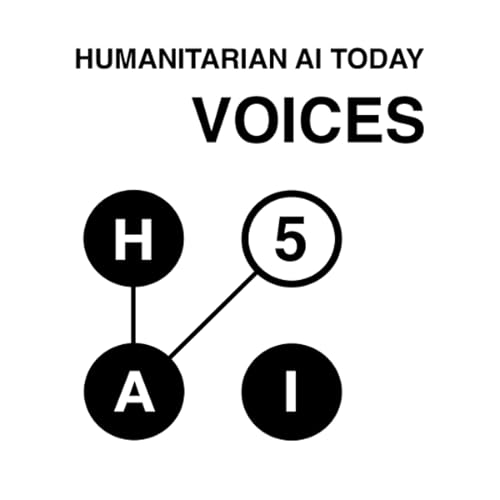In this episode of the Humanitarian AI Today podcast, Siem Vaessen, CEO of Zimmerman and an IATI Governing Technical Board Member, and Sylvan Ridderinkhof, Data Engineer at Zimmerman, joined Brent Phillips to discuss the critical intersection of artificial intelligence, open data, and humanitarian collaboration amidst a rapidly changing and advancing landscape. Drawing on insights from the NetHope Summit, the guests highlighted a consensus that the sector must collaborate more closely around AI and open data sharing, a necessity largely driven by significant cuts in aid funding. Siem, Sylvan and Brent discussed Zimmerman's long-standing commitment to the International Aid Transparency Initiative (IATI), an open data sharing framework widely used by humanitarian organizations to share granular information on aid activities, transactions and results. The discussion delved into Zimmerman's work and its future roadmap, focusing on enhancing the usability and quality of IATI data and on simplifying the complex process of reporting aid activities through IATI. They touched on the launch of Zimmerman’s updated AIDA (Aid Information Data Analytics) data platform and on other Zimmerman products and services tailored for the humanitarian aid and development communities and how they’re looking at ways of leveraging AI to improve search capabilities and support data enrichment processes. They also however caution listeners on risks posed by AI adoption, capable of potentially impacting IATI data quality and usability. Because AI models and agents aren’t natively trained to understand complex and subtle differences in ways that organizations report aid activities and publish their data, AI applications risk misinterpreting aid activity information. The use of AI applications to enhance and augment IATI data could add to these challenges, making complex, granular analysis of IATI data difficult or prone to misinterpretation without measures being taken to mitigate these risks . Ultimately, the guests stressed that the progress of humanitarian technology hinges not just on powerful tools but on responsible innovation and a greater commitment to collaboration, including actively engaging with local actors and organizations that may traditionally be excluded from technical discussions on uses of AI. Interview notes: https://humanitarianaitoday.medium.com/siem-vaessen-from-zimmerman-on-iati-collaboration-around-ai-and-the-development-aid-landscape-ebd36e0f20e9
続きを読む
一部表示
 15 分
15 分 14 分
14 分 47 分
47 分 25 分
25 分 2025/12/2432 分
2025/12/2432 分 16 分
16 分 44 分
44 分 18 分
18 分
